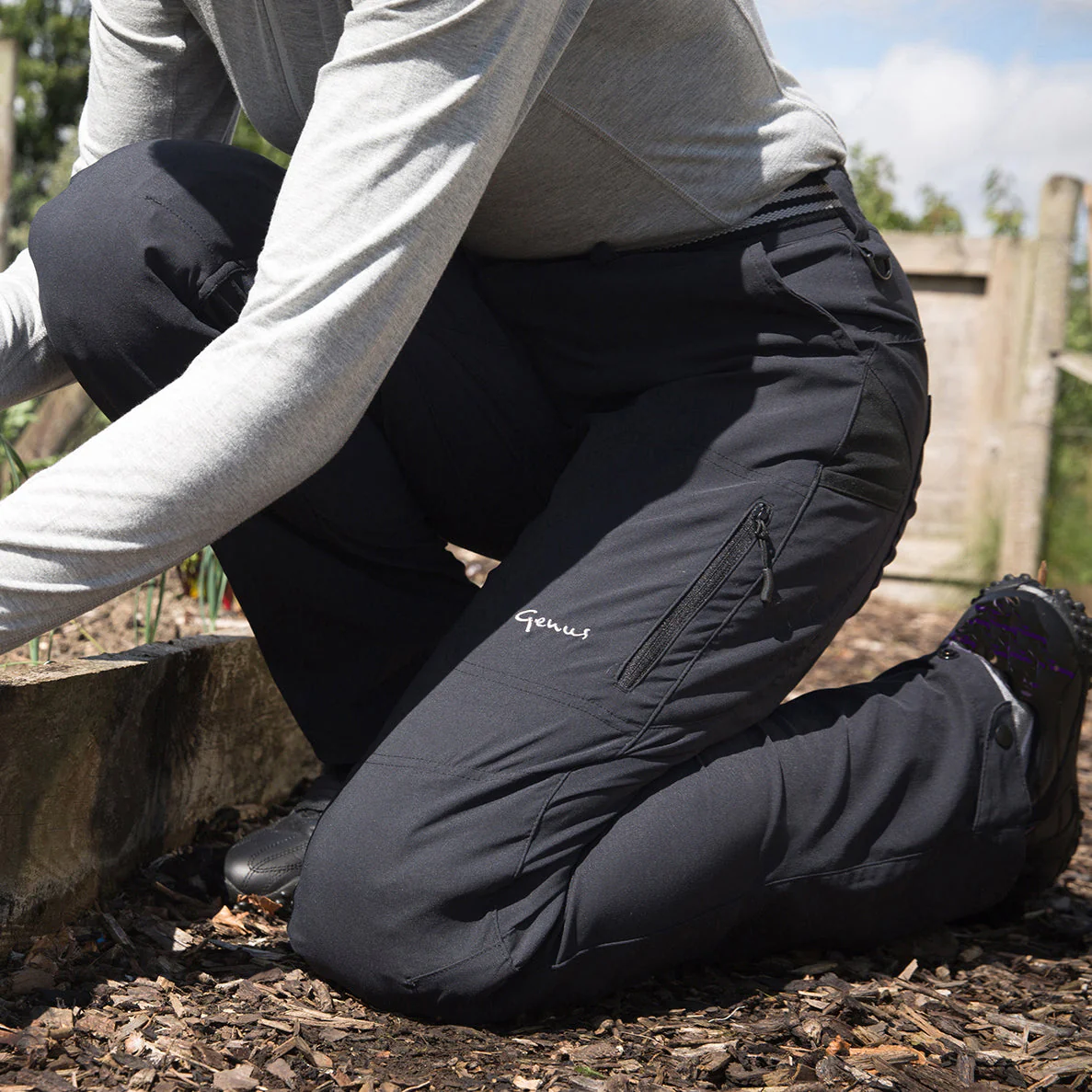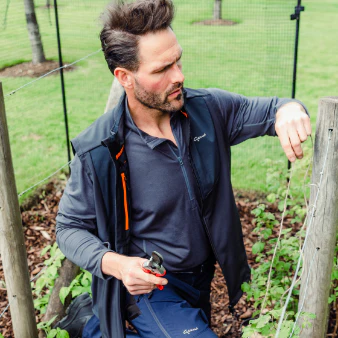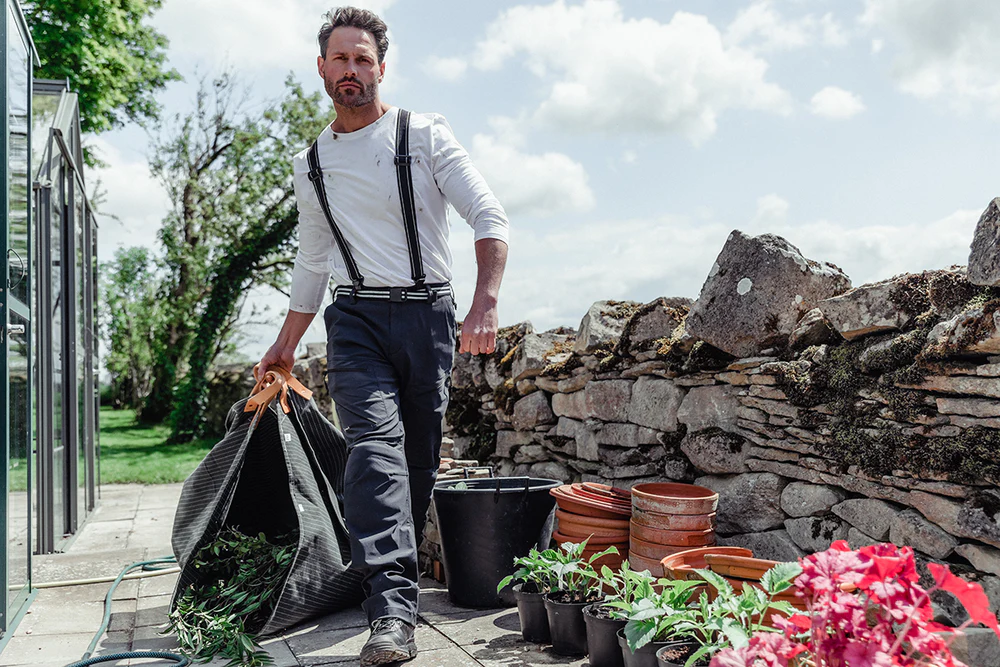Cotswold Metro

Hidden beneath the surface of the Genus garden is a network of hoses that supply water to various parts of the garden. Stemming from a central station the flow is split in four directions enabling us to irrigate the greenhouses, the vegetable garden, the flower garden, and the lawns, as well as a filling point for cans and buckets. The hoses, like a miniature London Underground, travel beneath lawns, under gravel paths, underneath hedges and alongside walls.
This week we replaced a 50 metre stretch - the previous hose had become perished, and we wanted to act before a serious rupture occurred. Removing the old hose was a simple matter of pulling, and coiling. Extracting it from the lawn immediately created a ready-made channel for the new replacement hose. (a bumblebee nest was disturbed in the process but only suffered from a damaged entrance hole. Once this was repaired their activity resumed). Laying out the new hose in the warm sun softened it up making it easier to manipulate and it was soon uncoiled into the lawn channel, through the bark chips beneath the beech hedge, under the gravel path, behind the compost heaps and along the edge of the dry stone wall towards the greenhouse terminal.
Various adjustments and fittings needed to be added due to a reduction in hose size - the previous oversized hose being mistakenly purchased several years ago. With everything connected we tested the system - fine jets of water and damp paving indicated areas that required tightening or reseating. Finally with everything operating as intended it was back to work in the greenhouses, watering and feeding the tomatoes, cucumbers, and tending to some seedlings that we're fostering for a friend in the village.
A job well done!











